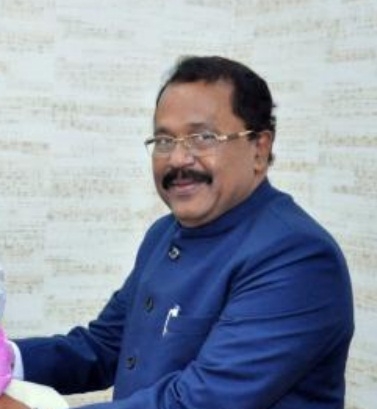Panaji, May 14 (IANS) Mughal emperor Shah Jahan may have built the Taj Mahal and dedicated it to his wife Mumtaz, but did he even get to visit the monument and pay homage to his late wife, Goa Governor P.S. Sreedharan Pillai asked on Saturday. He was speaking after inaugurating the two-day 'Kumaon Literary Festival' (KLF) here. Pillai said Mumtaz had made a dying declaration that Shah Jahan will look after her children. "Then after (the death of Mumtaz) the Taj Mahal was constructed. Did he ever get a chance to visit and pay homage to his beloved wife," the Governor said and added that history should be preserved. He asserted that history should be brought into the public domain through the means of writing. "Writings on history and tradition is required," the Governor said. "Sovereignty is challenged in many places. It is in the political forum and in the name of religion, certain people are challenging it. Sovereignty can't be given to people, but democracy means people's sovereignty," he said. He said that unity should be guaranteed by the desire of the people of this country. "Also through means of art and literature unity and integrity of the country can be assured," he said. Chairman of Economic Advisory Council to the Prime Minister of India Bibek Debroy, noted filmmaker Rahul Rawail, festival's founder Sumant Batra and CEO of Entertainment Society of Goa Swetika Sachan were present on the occasion. Sumant Batra said that there is a need to build soft power in the country. "Soft power comes from narrating the history of India," he said. "We preferred Goa as it is a place where people still take out time to read. It has such a rich language of its own, in which such great literature has been written which of course needs to be translated more, to be able to make it more accessible for the people," Batra said. He urged children to find time to read books then to spend time on mobile phones. Debroy said that the principle of 'soft power' was linked to the notion of culture and 'sahitya' brings all of us together in terms of Sanskrit roots.
Did Shah Jahan get to visit Taj Mahal: Goa Guv
- by Rinku
- May 14, 2022 2 minutes

Goa Governor P.S. Sreedharan Pillai.(photo : Twitter)











